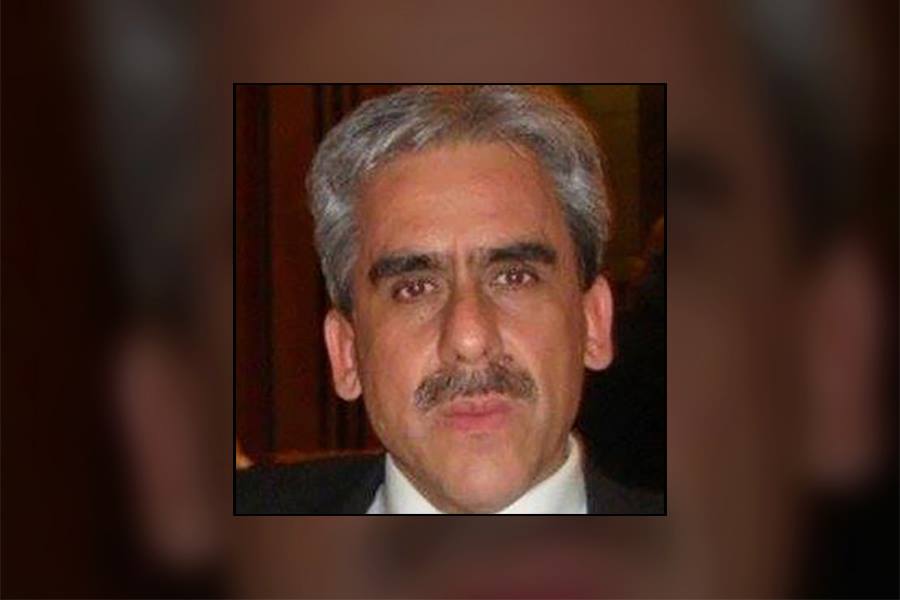“In general terms, it appears that Armenia has a system that can allow the political control of the judiciary at two important levels; First at the appointment and then during the career of judges,” Mr. Carlos Marinho, Senior Judge at Lisbon Court of Appeal expressed such opinion.
The Portuguese judge had arrived in Armenia under the framework of the TAIEX Workshop organized in cooperation with the Ministry of Justice and held in Yerevan on the 30th- 31st October.
In Mr. Marinho’s opinion it is compulsory to have three differentiated and independent powers in order to be considered as a democracy, “The judges should be elected by judges and the president should not have control over appointments.”
In addition it should be provided in the Constitution that only a judicial organ should appoint the judges. Armenia has that need. “It does not have any tradition of independence of the judges that other countries may have. If you are going to say that it is impossible because the Constitution does not allow it: then change it, because international regulations are above it,” he stated.
The expert hoped not to hear similar statements heard while making recommendations in Central and South America, statements like: “Let the judges be independent, as far as I can control their careers”, or, “If my judges were independent, how could I control corruption?”
Throughout his speech, Mr. Marinho described the lack of transparency of Armenia as “dramatic” because it causes a perception of corruption, and expressed his concern at the poor level of communication with and awareness of the Armenian citizenship. “We found reports talking about it, we made interviews with judges who confirmed it and even the citizens do not believe in the judiciary because they think it cannot be changed” he said.
One of the solutions proposed was the implementation of real time statistics and diagnostic means; “If the judiciary systems could inform the citizens in real time with data on real time, everything would be organized and transparent.”
At the same time the expert pointed that the citizens do not notice the efforts done until now by the RA Institutions. He stated that “without awareness we could have terrible answers” and that what is needed is to give data to the citizens.
In addition to other concerns, Mr. Marinho was worried about the composition of the Superior Judiciary Council. Against the regulations of the Council of Europe that Armenia has signed, the Superior Judiciary Council of Armenia has ten members instead of an odd number of them, but what is worst is that the regulations state that it shall always be a notable majority of judges composing the Council. In Armenians situation there are 5 judges and 5 non-judges. This situation is diminishing the credibility of the organ because the numbers are equal. The expert suggested two solutions: either provide that there should be an odd number of members, or select a person who would cast the deciding vote – in the same way as the British Parliament.
“Promotion of judicial independence, effectiveness of legal proceedings and access to justice should be a must in Armenia. That it is what our recommendations would change if they were implemented: we need to create both internal and external independence.”
José Nicolas Dominguez Mendoza
EVS Volunteer at the Armenian Lawyers’ Association















